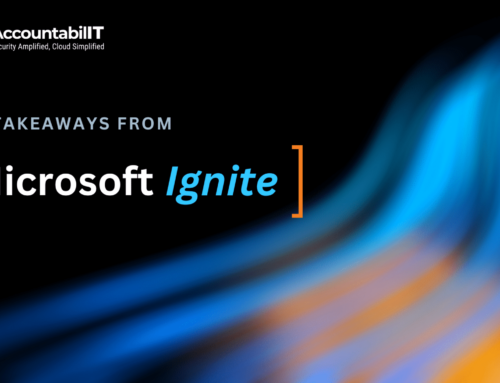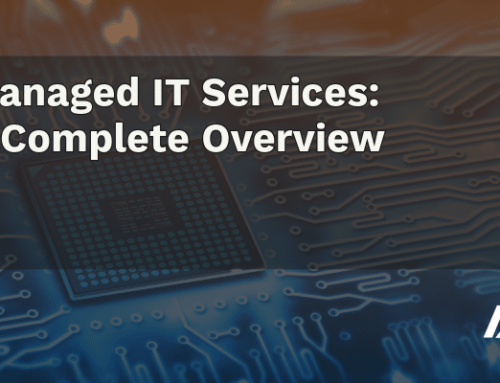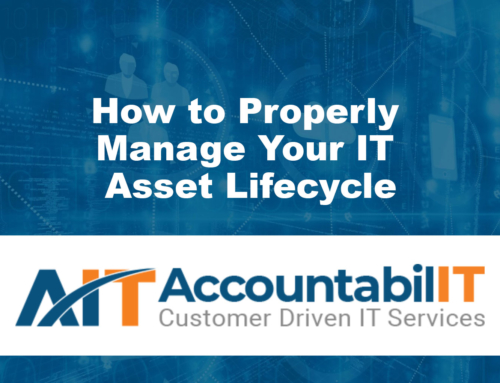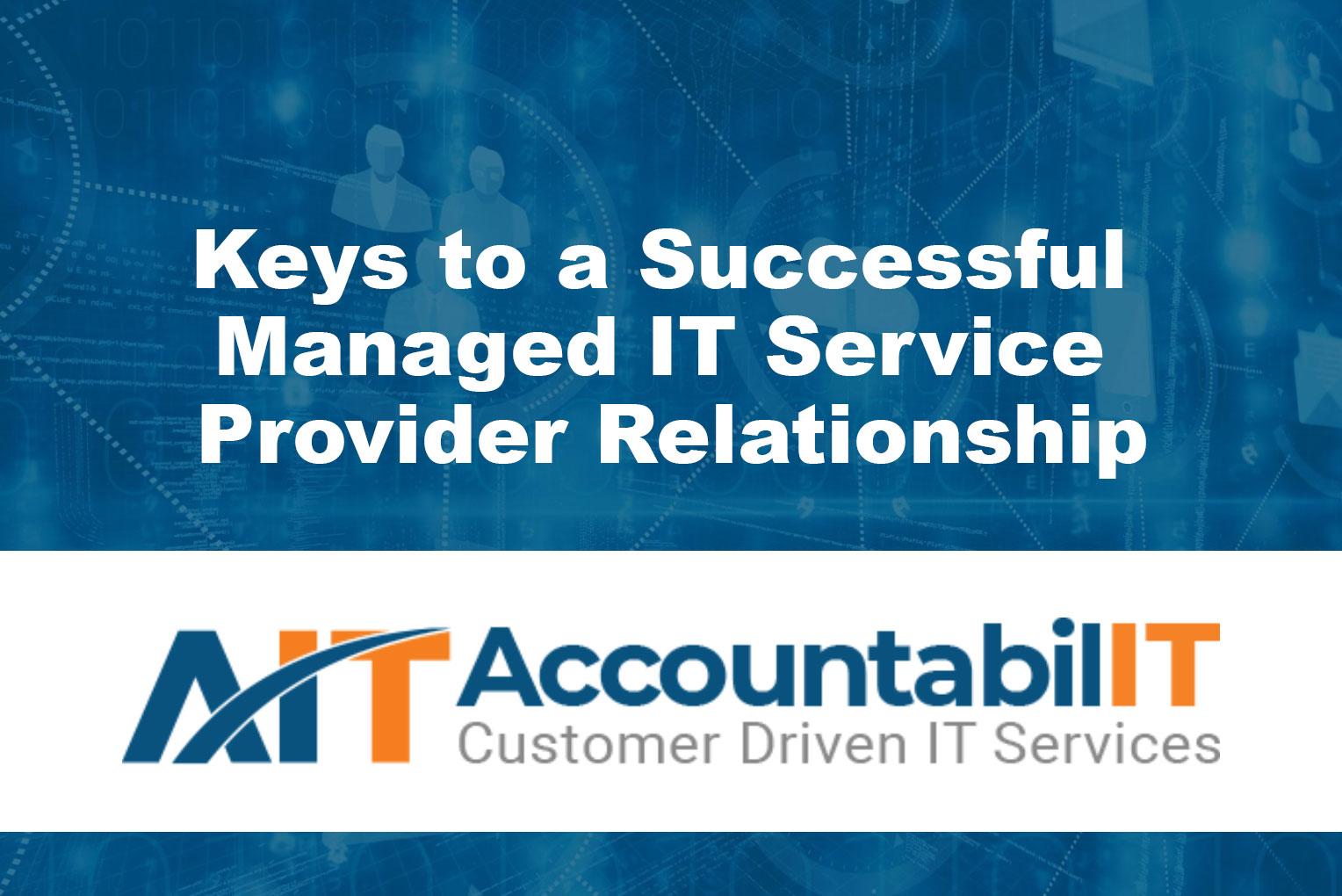Businesses are always on the lookout for ways to streamline and automate their operations, maximize efficiency, and boost their bottom line. For many, moving their data and applications to the cloud is the answer.
There are many benefits of cloud computing, such as:
- Cost-savings: With cloud technology, you only pay for what you need.
- Security: Your data might not be stored onsite, but it’s the job of the cloud host to monitor and manage your information and proactively address threats, risks, and vulnerabilities.
- Flexibility: Whether you’re a small or enterprise-sized business, cloud computing allows easy scaling to fit your needs and objectives.
Choosing to move your data to the cloud can transform the way you do business, but heading into it blindly can end up causing damage rather than creating solutions. These are some of the top questions you should ask to make sure the cloud is the best option for you.
What are you hoping to accomplish by migrating to the cloud?
This is the first question you and your team should be asking. Shifting your operations to the cloud impacts most (if not all) aspects of your company. By identifying and prioritizing your goals, you can more effectively allocate your resources and, in turn, set your business up for success in a cloud environment.
Do you have the resources to support a migration to the cloud?
In addition to asking where to allocate your resources, you should be looking at what resources you currently have to allocate to the transition. In other words: Are you currently capable of supporting the move? This doesn’t just apply to your time and budget. You should also be looking at your current IT infrastructure, technology expertise, and your employees’ experience and readiness.
Should you outsource to a cloud service partner?
By handing off the management and security of the cloud environment, companies are able to dedicate their internal team to their core business. Plus, they receive expert tools and knowledge to which they may not have had access before.
Which cloud environment is right for your business?
The “cloud” is often used as a catch-all term, but in reality, there are multiple types of cloud environments, each of which may offer its own advantages for your business. The main types of cloud solutions include:
- Private clouds: Simply put, private clouds are cloud environments designed for a single end-user or group. These clouds live within an organization’s own infrastructure and are usually firewall protected. A private cloud is owned by the organization but may or may not live onsite.
- Public clouds: The most common type of deployment model, public clouds are owned by the cloud provider, including all of the hardware, software, and supporting infrastructure. With public cloud computing, an organization’s information is stored in an off-premises data center.
- Hybrid cloud: As the name suggests, a hybrid cloud combines a private cloud with a public cloud, and allows an organization’s data to move between these two environments.
For those who are unsure which model is the right fit for your business, a cloud service provider or IT partner, such as AccountabilIT, will walk you through your options. Once you’re ready to make the move, the provider is there to ensure you leverage the environment that best aligns with your business objectives and priorities.
What is your cloud migration strategy?
Upheaving your operations to relocate to the cloud is no small undertaking, but having a transition strategy in place will help ensure your move to the cloud is as smooth and painless as possible. However, not all businesses have the time and resources to put together an effective strategy. Luckily, your IT partner will guide you through the planning and execution of your migration strategy.
What is your disaster recovery plan?
Data loss is many companies’ worst nightmare. To ensure business continuity, you need to make sure you or your IT partner has a disaster recovery plan in place.
How secure will your data be?
To minimize the risk of data loss and damage to your bottom line, you need to make sure your information is secure, and when it comes to cloud computing, most of the control is in the hands of the cloud service provider. Make sure to ask yourself these follow-up questions when looking for the right provider for your business:
Who would have access to your data?
The most common cloud deployment models store your data off-site, so you want to know who will have access to it. Even if you opt for a private cloud, it’s important to clarify which of your cloud provider’s personnel has access to the cloud.
How will the provider address security threats?
No matter how advanced your security measures are, your organization is always at risk of a cyberattack, so you want to make sure your provider will be proactively monitoring, identifying, and mitigating anything that could jeopardize your systems and data.
How will the provider meet compliance requirements?
Your industry, organization and chosen cloud environment have their own unique regulatory requirements, and you want to make sure you stay fully compliant. When seeking out a provider, look at its compliance strategy and ask whether it aligns with your standards.
What Is the Best Way to Make the Move?
If you’re ready to move to the cloud, AccountabilIT is ready to get you there. Harnessing the power of Microsoft Azure, we offer cloud solutions that always fit your needs and preferences while ensuring the highest levels of security. Contact us today to start experiencing the full value of the cloud.




